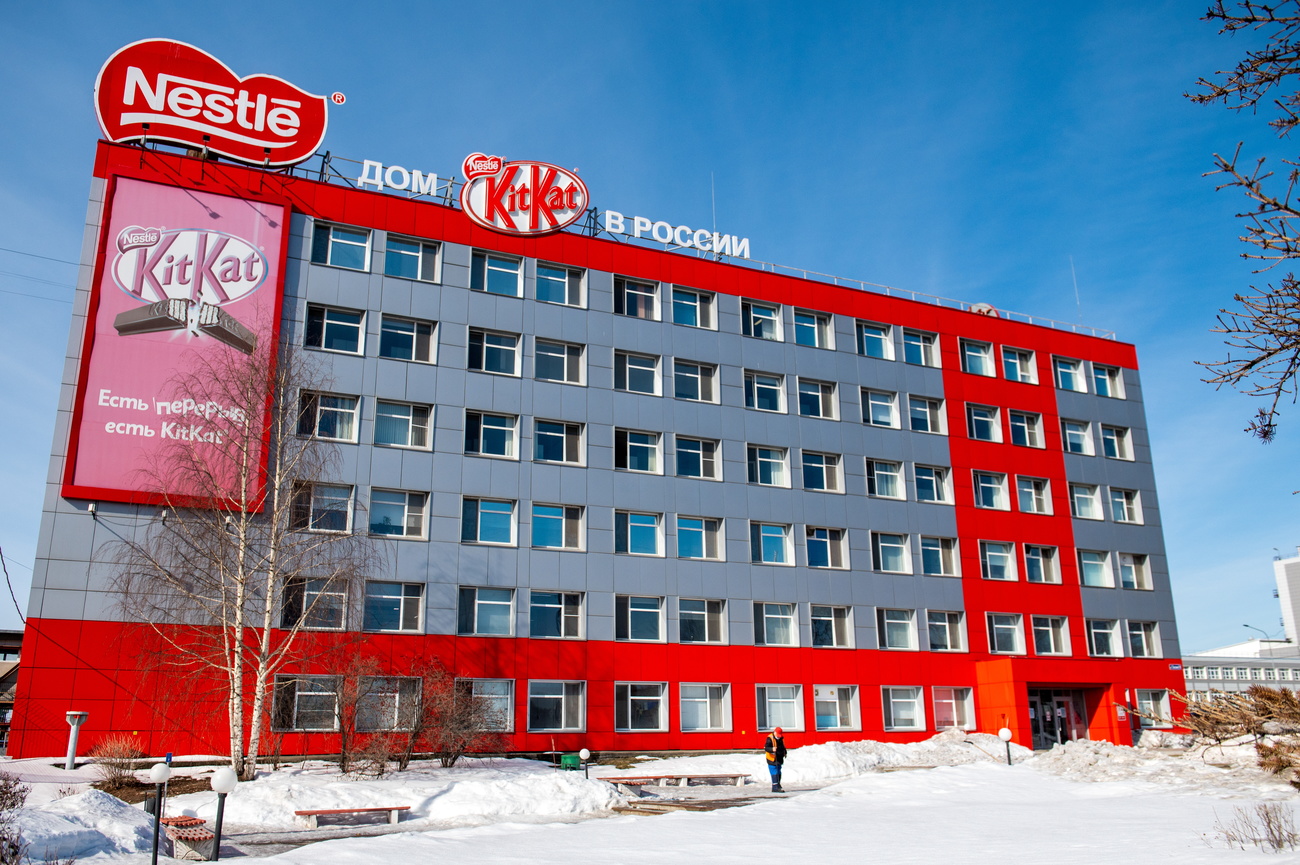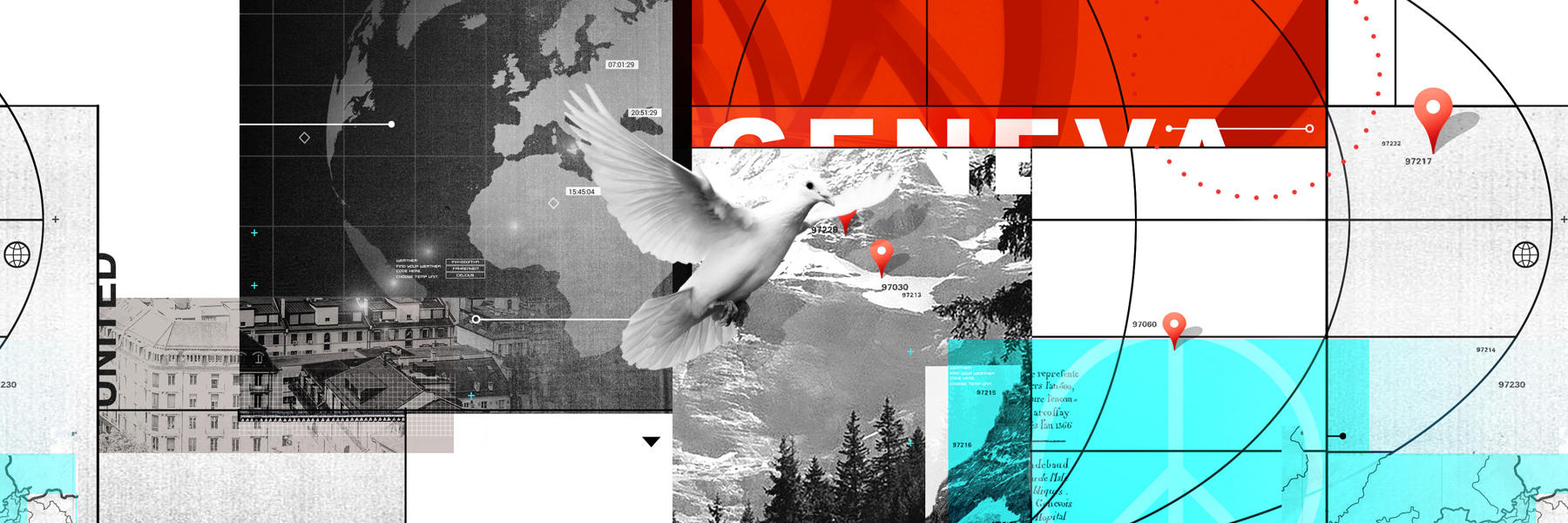Inside Geneva: Neutrality, NATO, and the new world order
Sweden and Finland want to join defence alliance NATO, and Switzerland's status as a neutral country has been the topic of many discussions since joining the EU in sanctioning Russia. But what does "neutrality" mean?
This week on Inside Geneva host Imogen Foulkes discusses NATO, neutrality, and the new world order.
Is neutrality even possible in response to the invasion of Ukraine?
Sara Hellmüller, Geneva Graduate Institute: “The law of neutrality is very clear, so the law of neutrality applies to the military domain and says that a country is not allowed to participate in an armed conflict either directly or indirectly.”
Neutral Finland and Sweden want to join NATO. What does that mean for their neutral status?
Daniel Warner, analyst: “Neutrality changes over time, it’s not written in stone. Not only does it have legal and political but it also has moral implications.”
And does strict neutrality have any benefits at all?
Jean-Marc Rickli, Geneva Centre for Security Policy: “There will come a time when negotiations will have to take place, and neutral states are very well positioned to basically offer mediation possibility to rebuild bridges.”
For more insights and discussions from Switzerland’s international city, subscribe to Inside Geneva on Apple PodcastsExternal link, SpotifyExternal link, or wherever you get your podcasts. And subscribe to our newsletter to get all the International Geneva news and views from Imogen Foulkes in your inbox.
Sign up! The latest updates from International Geneva – in your inbox
For more audio content from SWI swissinfo.ch, explore The Swiss Connection, a podcast with Swiss stories for the world.

More
The Swiss Connection Podcast: Hear Swiss science stories for the world

In compliance with the JTI standards
More: SWI swissinfo.ch certified by the Journalism Trust Initiative














You can find an overview of ongoing debates with our journalists here . Please join us!
If you want to start a conversation about a topic raised in this article or want to report factual errors, email us at english@swissinfo.ch.